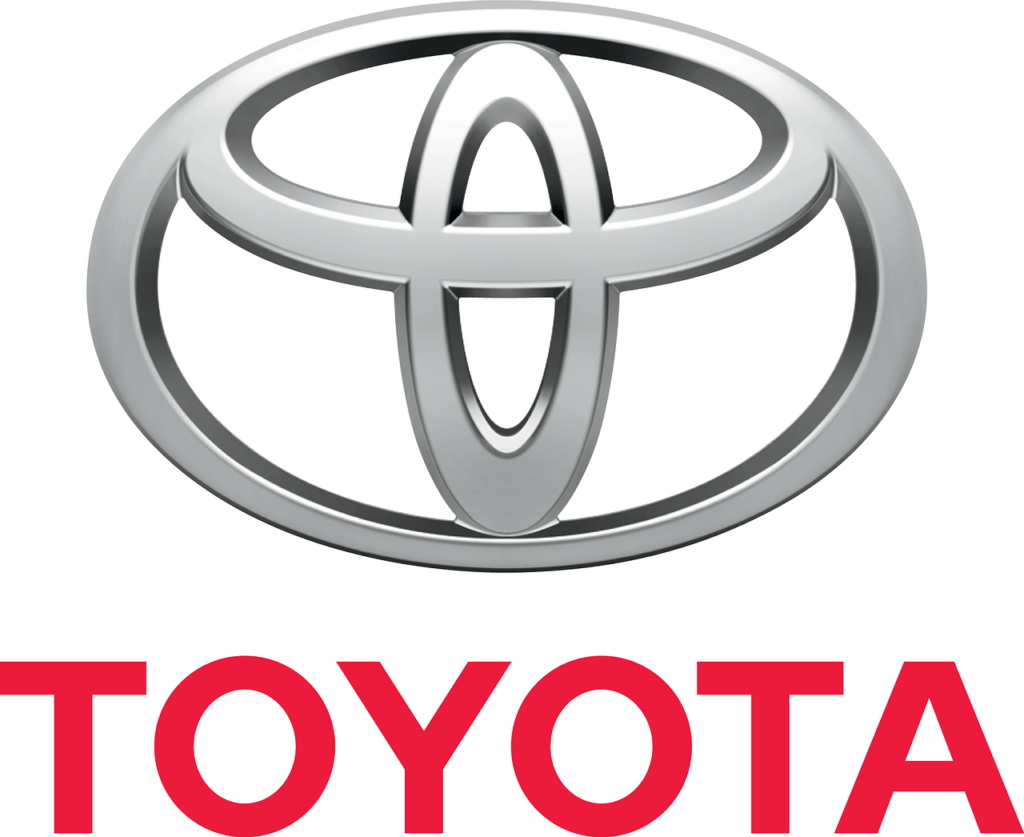 The Linux Foundation t launched the Enabling Linux in Safety Applications (ELISA) open source project to create a shared set of tools and processes to help companies build and certify Linux-based safety-critical applications and systems whose failure could result in loss of human life, significant property damage or environmental damage. Building off the work being done by SIL2LinuxMP project and Real-Time Linux project, ELISA will make it easier for companies to build safety-critical systems such as robotic devices, medical devices, smart factories, transportation systems and autonomous driving using Linux. Founding members of ELISA include Arm, BMW Car IT GmbH, KUKA, Linutronix, and Toyota.
The Linux Foundation t launched the Enabling Linux in Safety Applications (ELISA) open source project to create a shared set of tools and processes to help companies build and certify Linux-based safety-critical applications and systems whose failure could result in loss of human life, significant property damage or environmental damage. Building off the work being done by SIL2LinuxMP project and Real-Time Linux project, ELISA will make it easier for companies to build safety-critical systems such as robotic devices, medical devices, smart factories, transportation systems and autonomous driving using Linux. Founding members of ELISA include Arm, BMW Car IT GmbH, KUKA, Linutronix, and Toyota.
To be trusted, safety-critical systems must meet functional safety objectives for the overall safety of the system, including how it responds to actions such as user errors, hardware failures, and environmental changes. Companies must demonstrate that their software meets strict demands for reliability, quality assurance, risk management, development process, and documentation. Because there is no clear method for certifying Linux, it can be difficult for a company to demonstrate that their Linux-based system meets these safety objectives.
“All major industries, including energy, medical and automotive, want to use Linux for safety-critical applications because it can enable them to bring products to market faster and reduce the risk of critical design errors. The challenge has been the lack of the clear documentation and tools needed to demonstrate that a Linux-based system meets the necessary safety requirements for certification,” said Kate Stewart, Senior Director of Strategic Programs at The Linux Foundation. “Past attempts at solving this have lacked the critical mass needed to establish a widely discussed and accepted methodology, but with the formation of ELISA, we will be able to leverage the infrastructure and support of the broader Linux Foundation community that is needed to make this initiative successful.”
ELISA will work with certification authorities and standardization bodies in multiple industries to establish how Linux can be used as a component in safety-critical systems. The project will also define and maintain a common set of elements, processes and tools that can be incorporated into Linux-based, safety-critical systems amenable to safety certification.
Additional project goals include:
- Develop reference documentation and use cases.
- Educate the open source community on safety engineering best practices and educate the safety community on open source concepts.
- Enable continuous feedback with the open source community to improve processes, and to automate quality assessment and assurance.
- Support members with incident and hazard monitoring of critical components relevant to their systems and establish best practices for member response teams.
For more information about ELISA, visit elisa.tech.
“The Open Source Automation Development Lab (OSADL) was founded more than 13 years ago to advance the use of GNU/Linux in industrial products by addressing the need for real-time capabilities and safety certification. Shortly after, we here at OSADL created the OSADL Safety Critical Linux Working Group for functional safety, which culminated in the SIL2LinuxMP project that laid some groundwork for using GNU/Linux in safety-related systems. We subsequently added legal support and many other services that are needed to successfully use Open Source software in industry to our portfolio. We still continue to foster real-time Linux, among other, as a Gold member of the Linux Foundation’s Real-Time Linux project, and we are proud to see some of the efforts of the SIL2LinuxMP project continued at a larger scale in the ELISA project.”
– Dr. Carsten Emde, General Manager, OSADL
“At Automotive Grade Linux, we are working closely with the Real-Time Linux project and the ELISA project in order to achieve functional safety certifications for automotive applications such as our instrument cluster, heads-up-display and ADAS solutions. By working closely with ELISA, this will help us provide automotive manufacturers with all of the testing artifacts and documentation they need to achieve safety certification for their AGL-based systems.” –
– Dan Cauchy, Executive Director of Automotive Grade Linux at the Linux Foundation
“Civil Infrastructure Platform (CIP) Project is committed to improving implementation of Linux-based civil infrastructure systems through industrial grade software and a universal operating system that is maintained for more than ten years. We work closely with several open source project such as Real-Time Linux, Linux Kernel LTS and KernelCI to achieve Long Term Support (LTS) and safety and security certifications. We support the ELISA Project and its efforts to build and certify Linux-based safety-critical applications on a broader scale.”
– Urs Gleim, Governing Board Chair of the Civil Infrastructure Platform, hosted at the Linux Foundation
“Safety and trust are the highest priorities for the automotive industry as vehicles become more autonomous and Arm’s Automotive Enhanced technologies are at the heart of systems powering these vehicles. The work the Linux Foundation is undertaking with the ELISA project complements Arm’s functional safety leadership and continued commitment to software enablement.”
– Lakshmi Mandyam, VP automotive, Automotive and IoT Line of Business, Arm
“Open source software has become a significant part of our technology strategy, and we want to help make it easier to use Linux-based applications. Toyota believes the ELISA project will support CASE use cases in an innovative way for the automotive industry.”
– Mr. Masato Hashimoto, General Manager of E/E Architecture Development Div., Advanced R&D and Engineering Company,